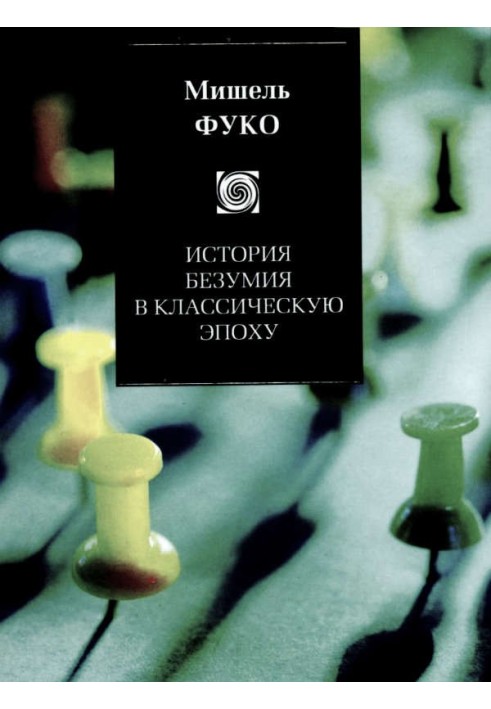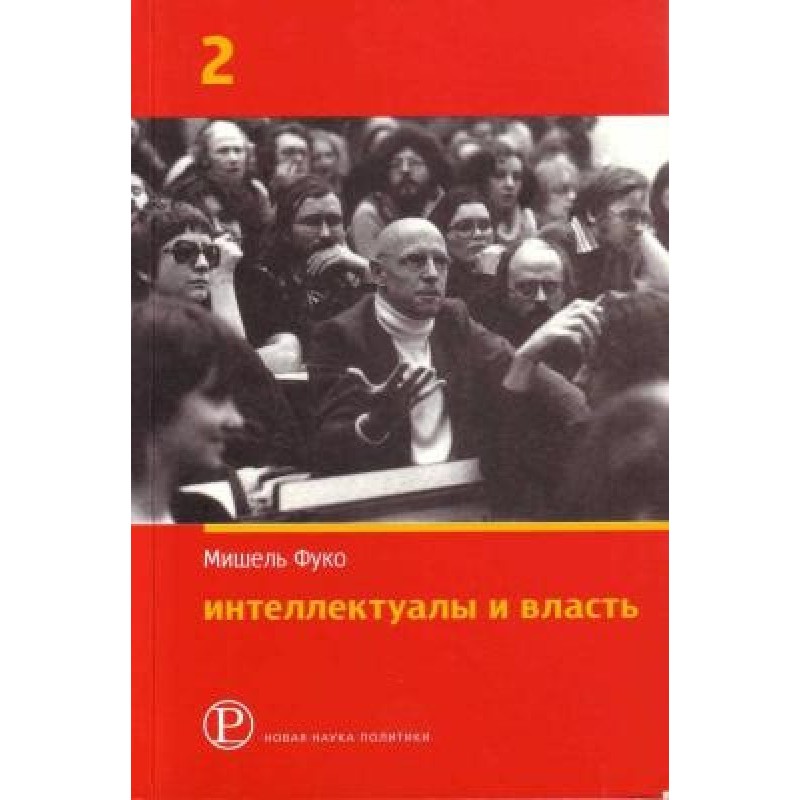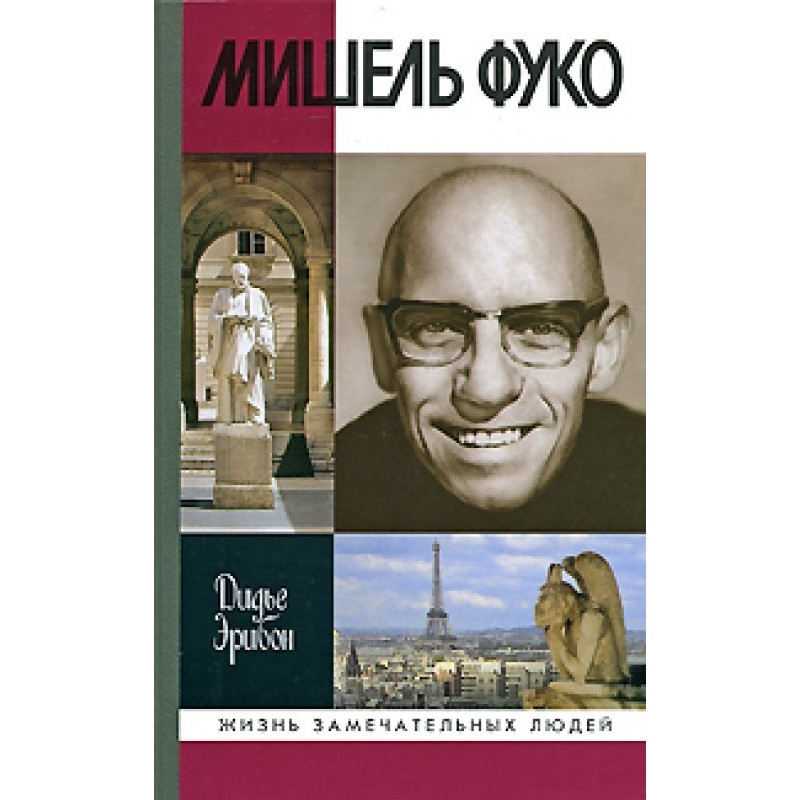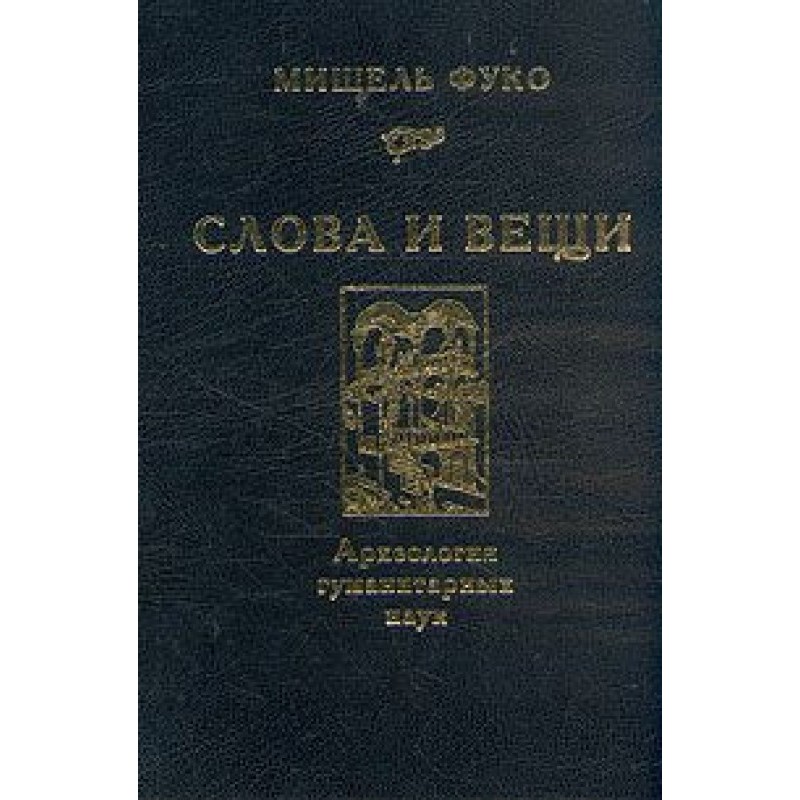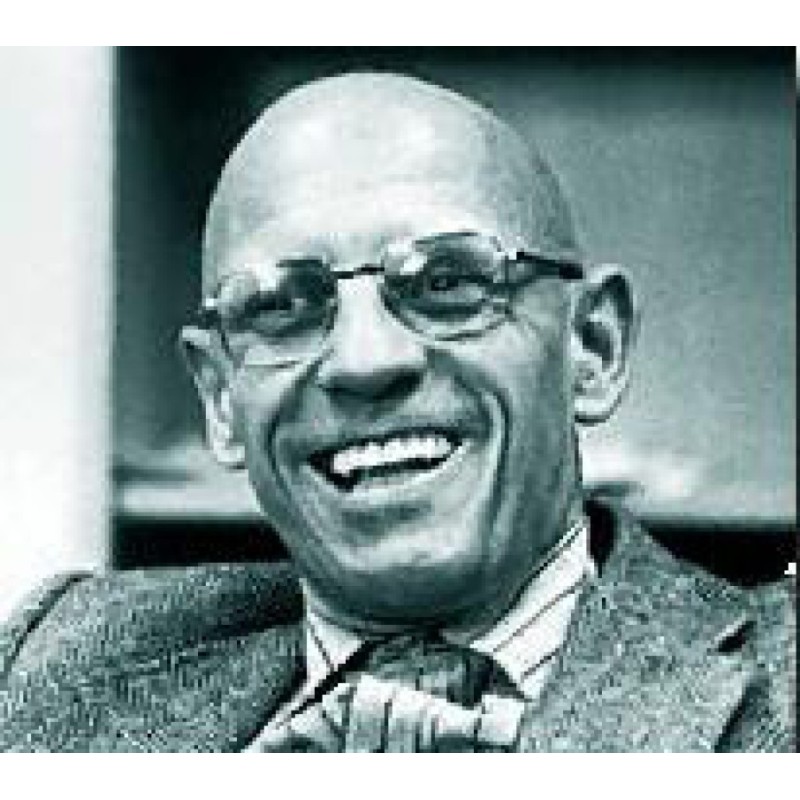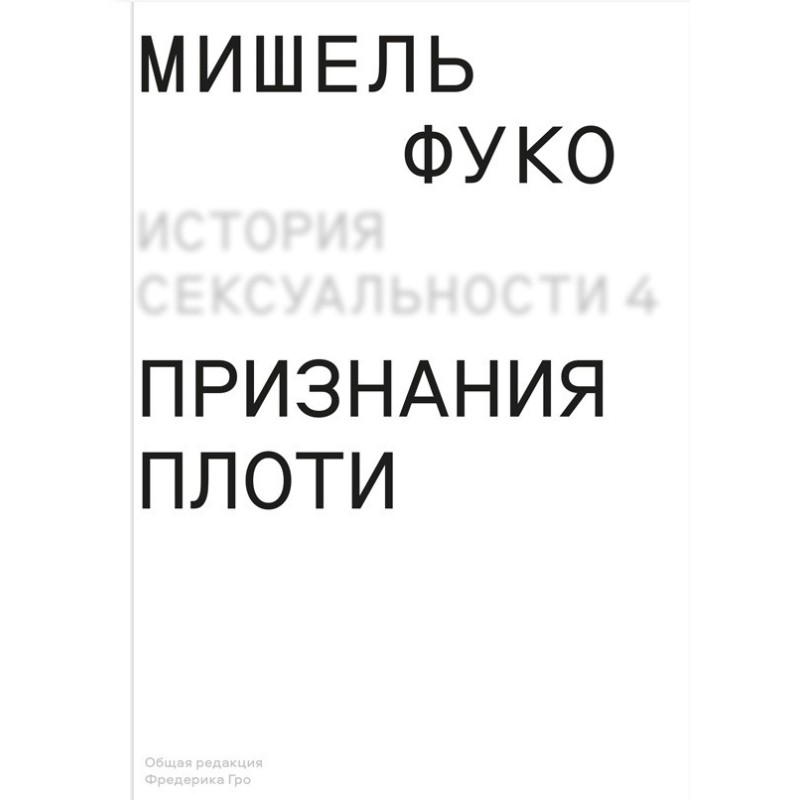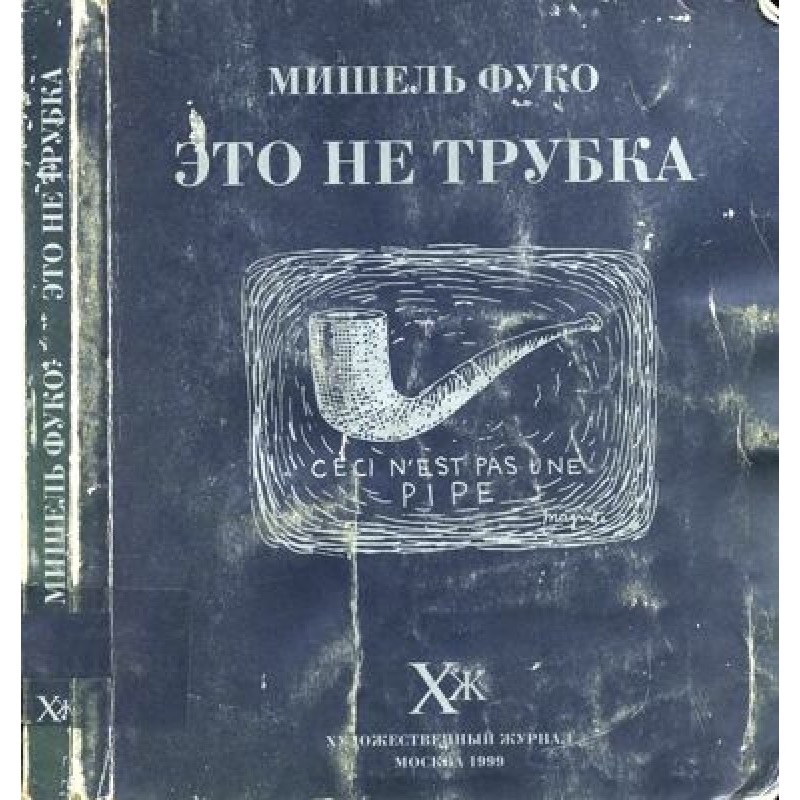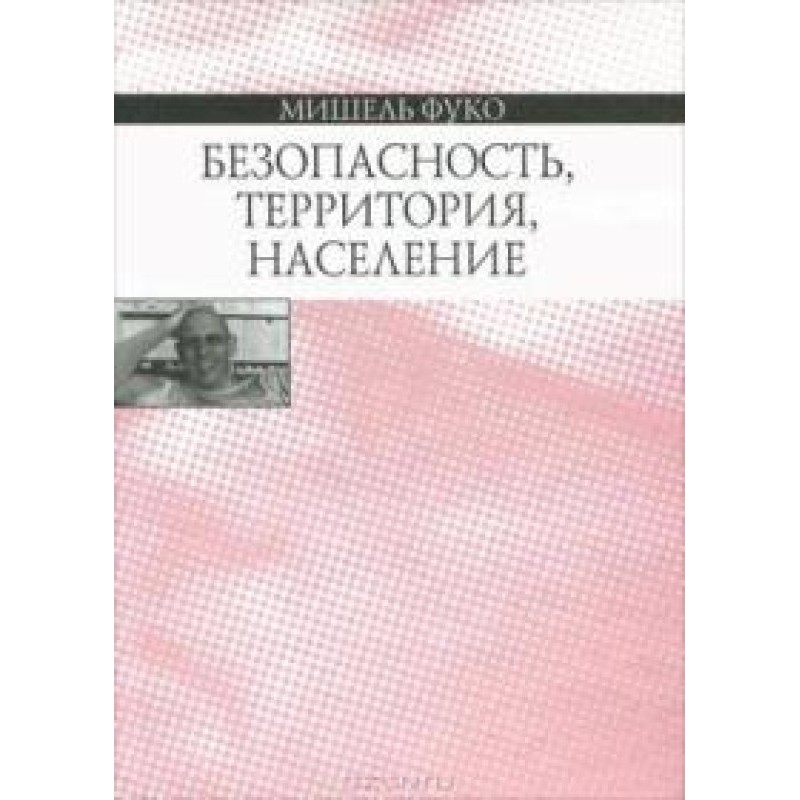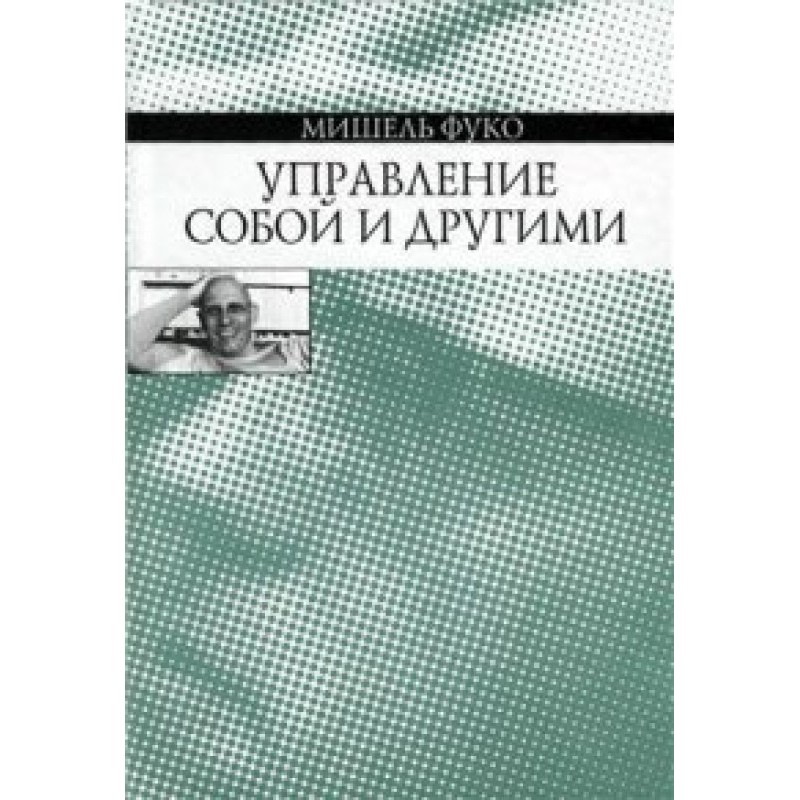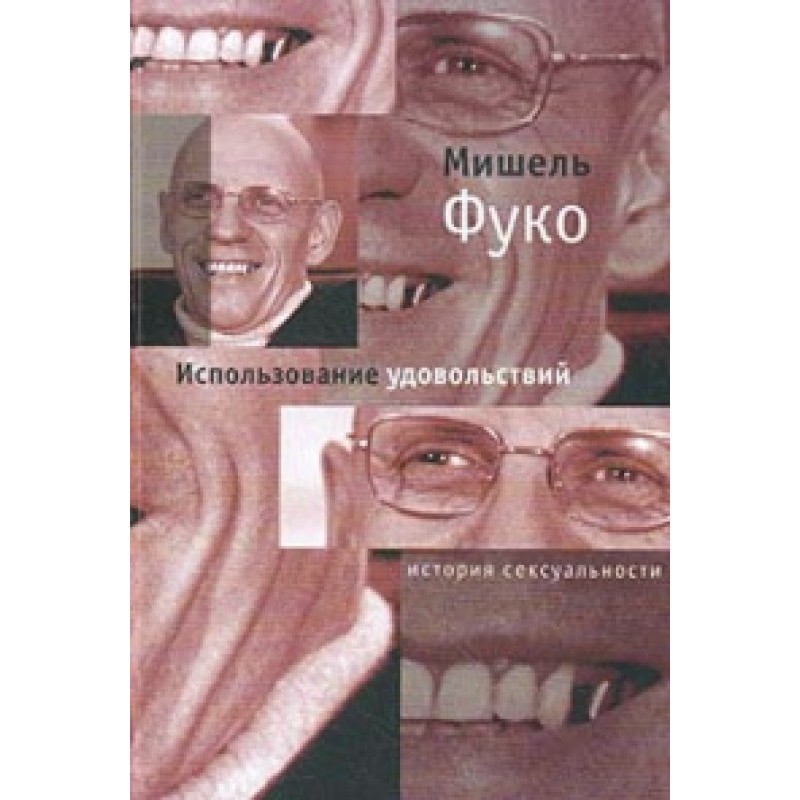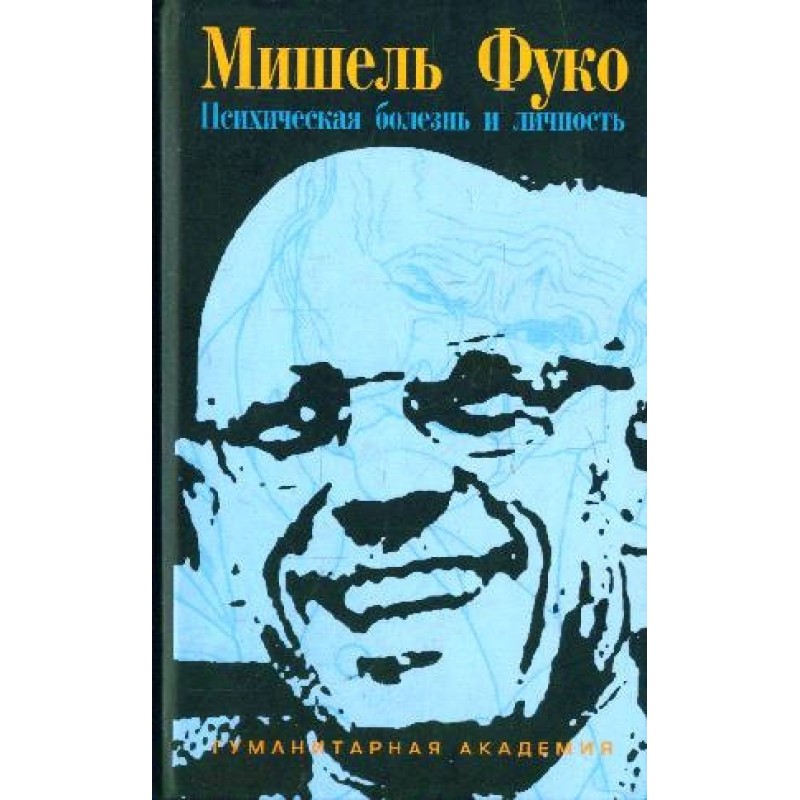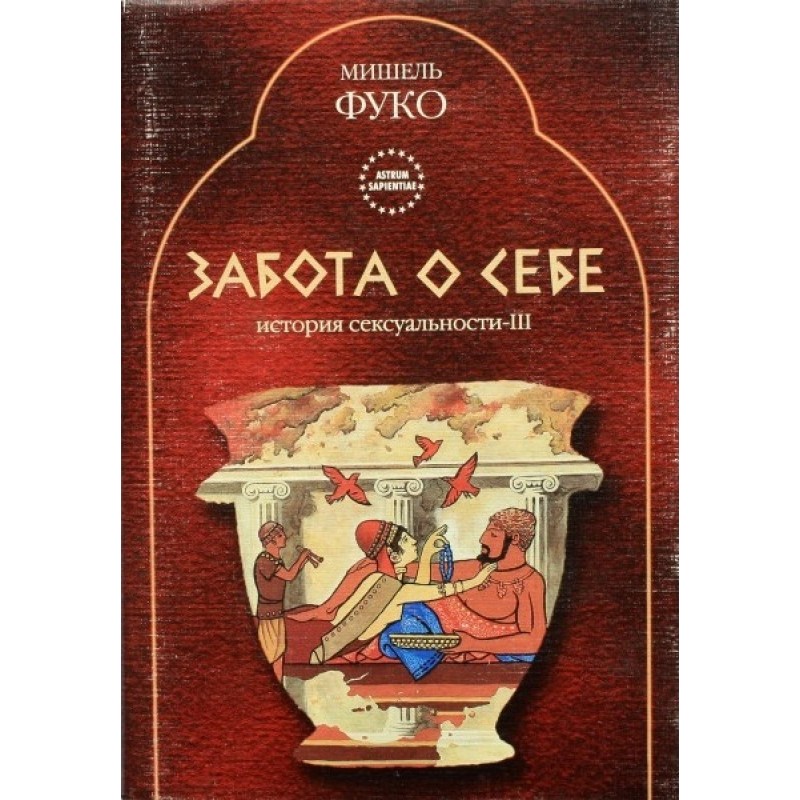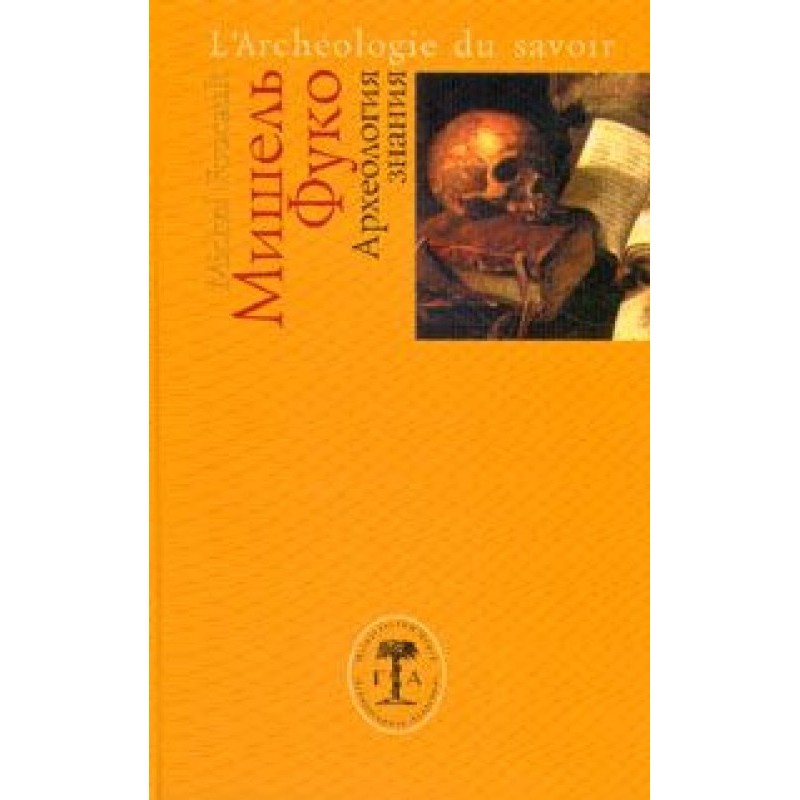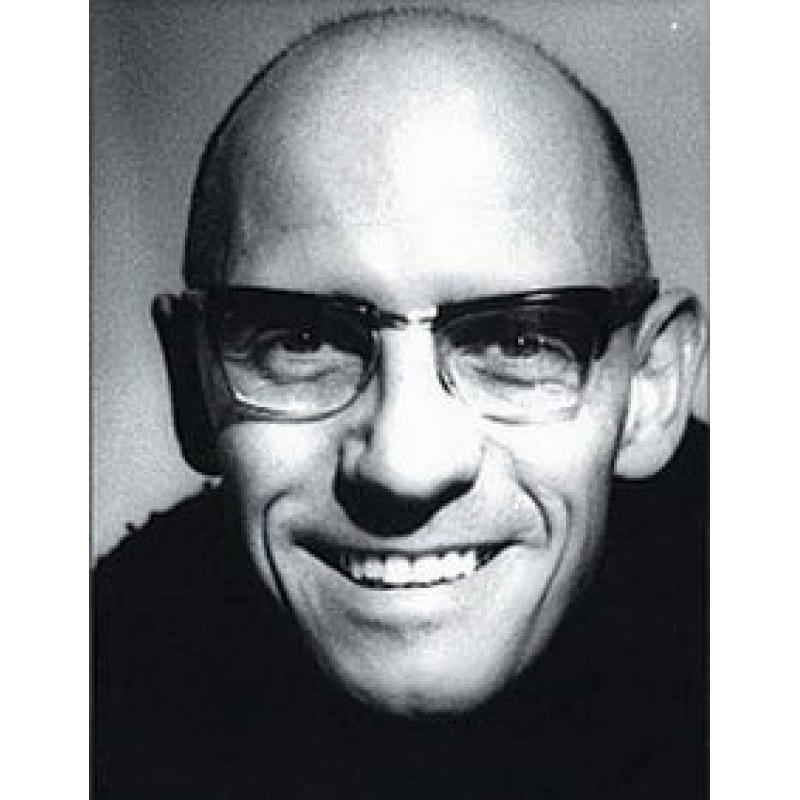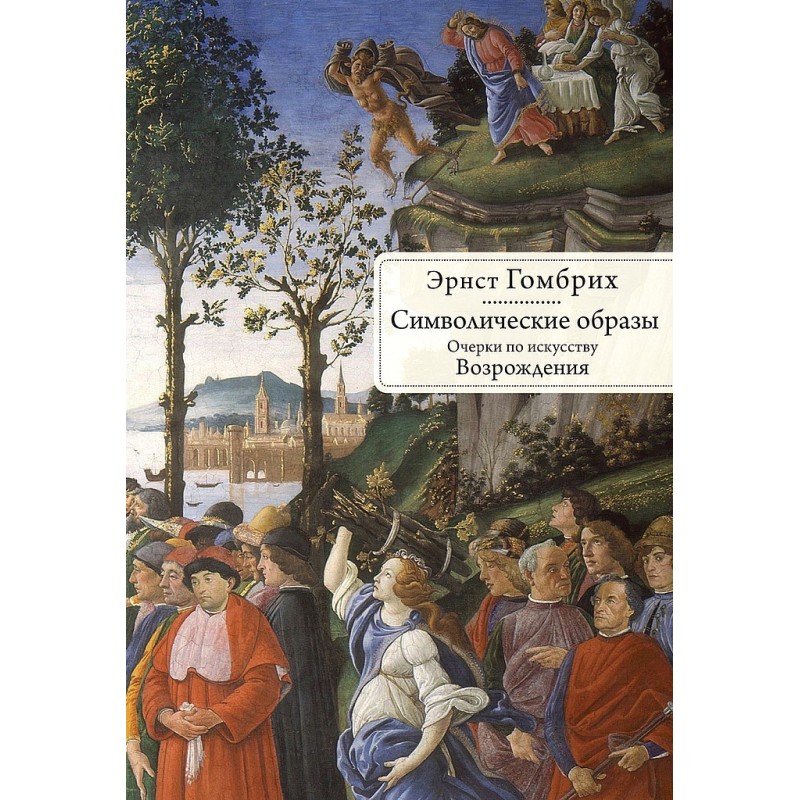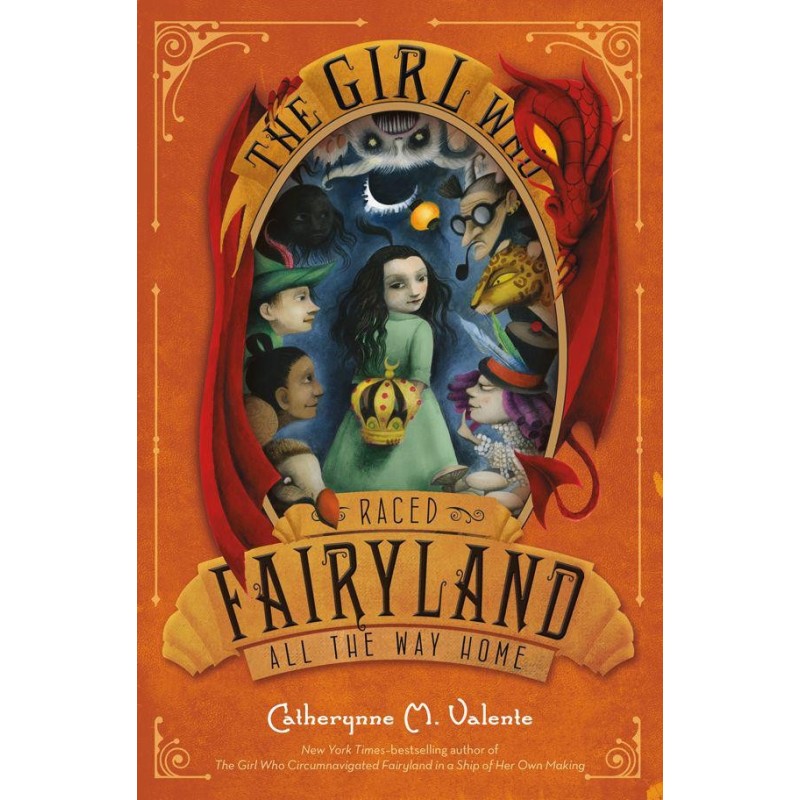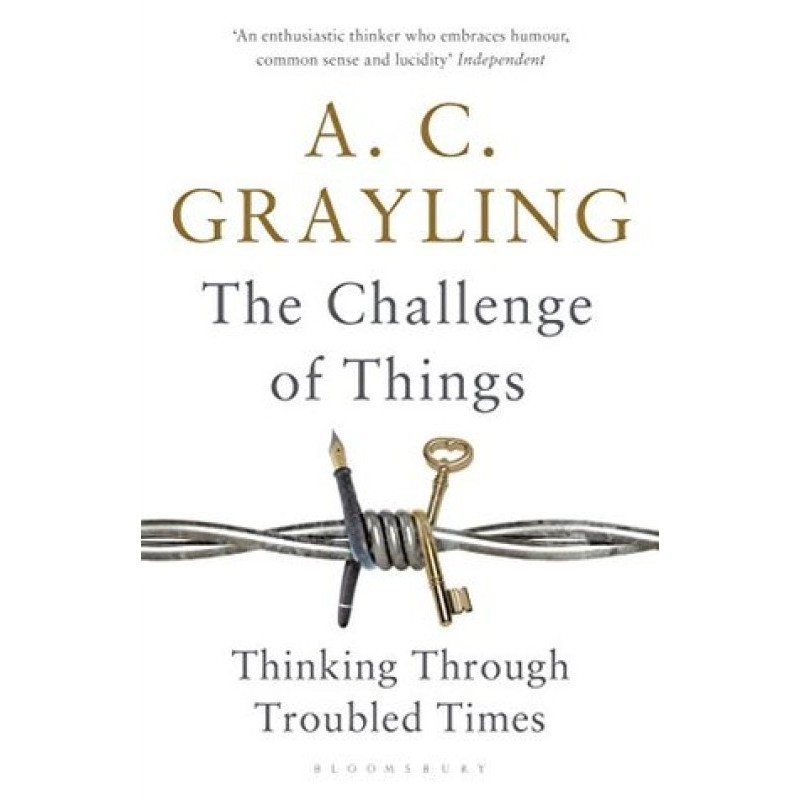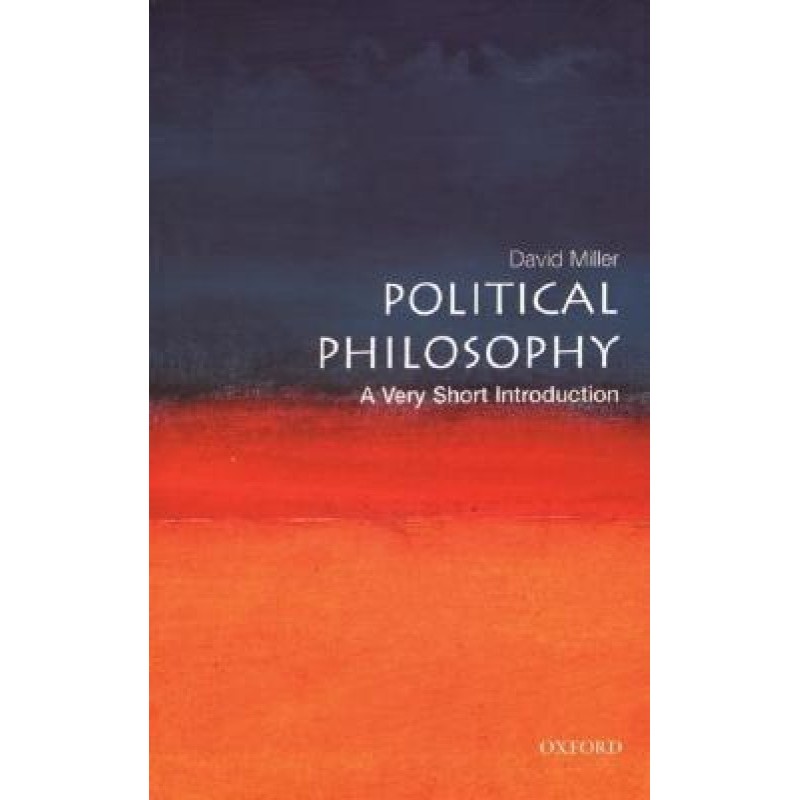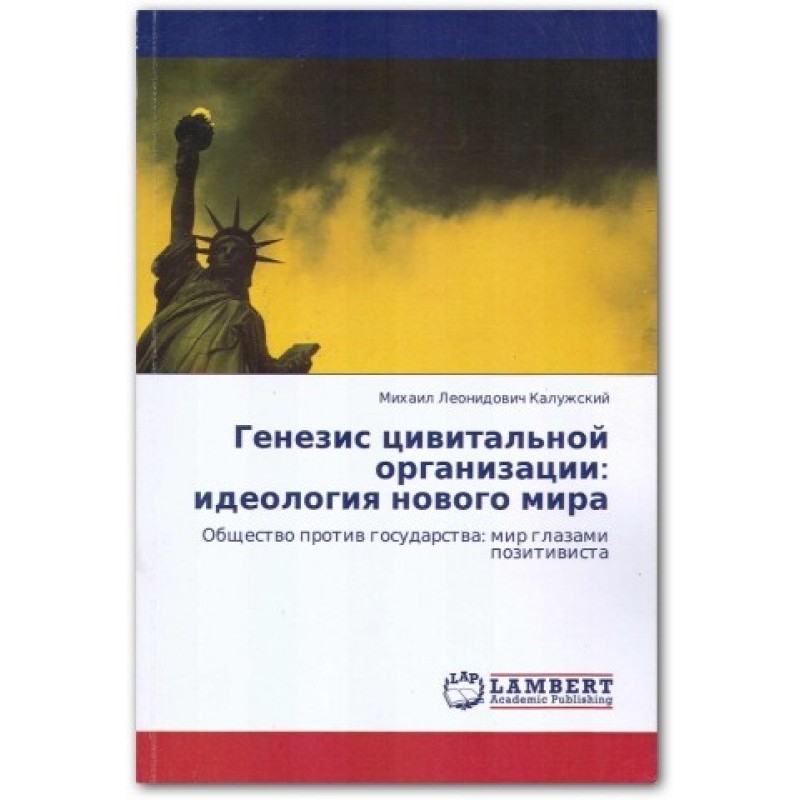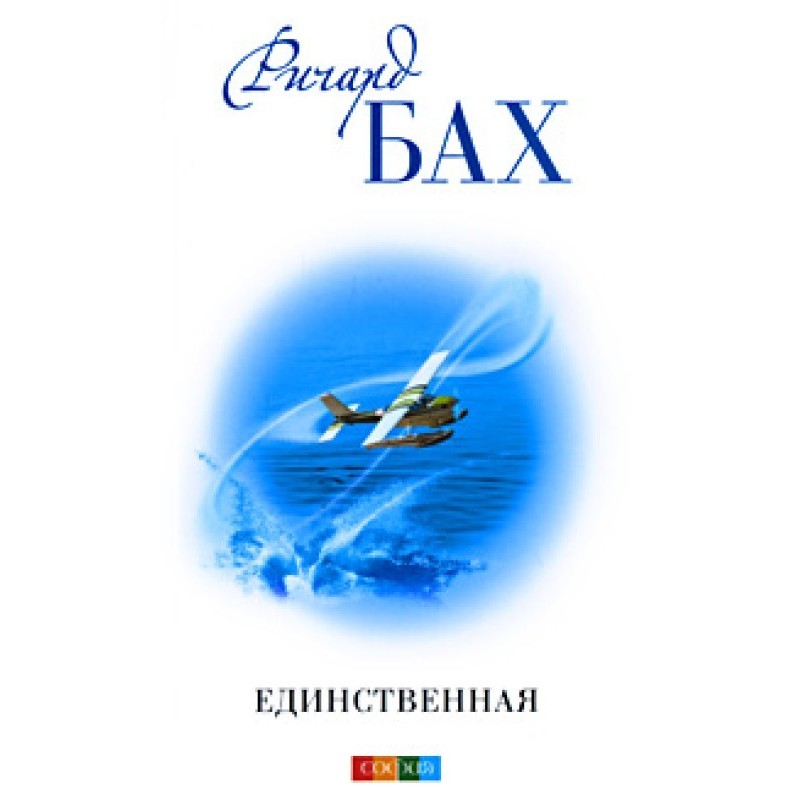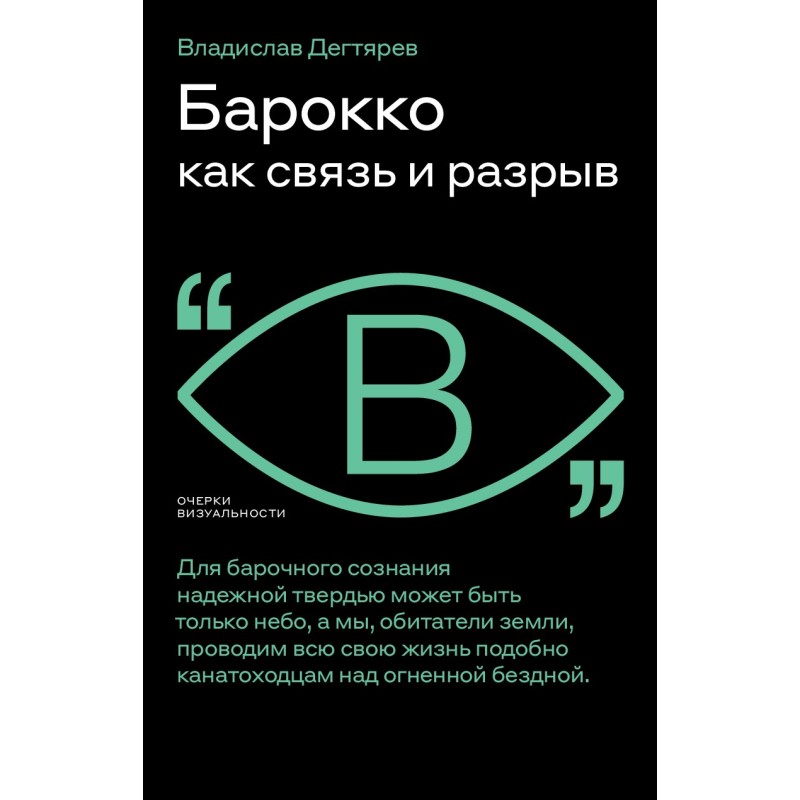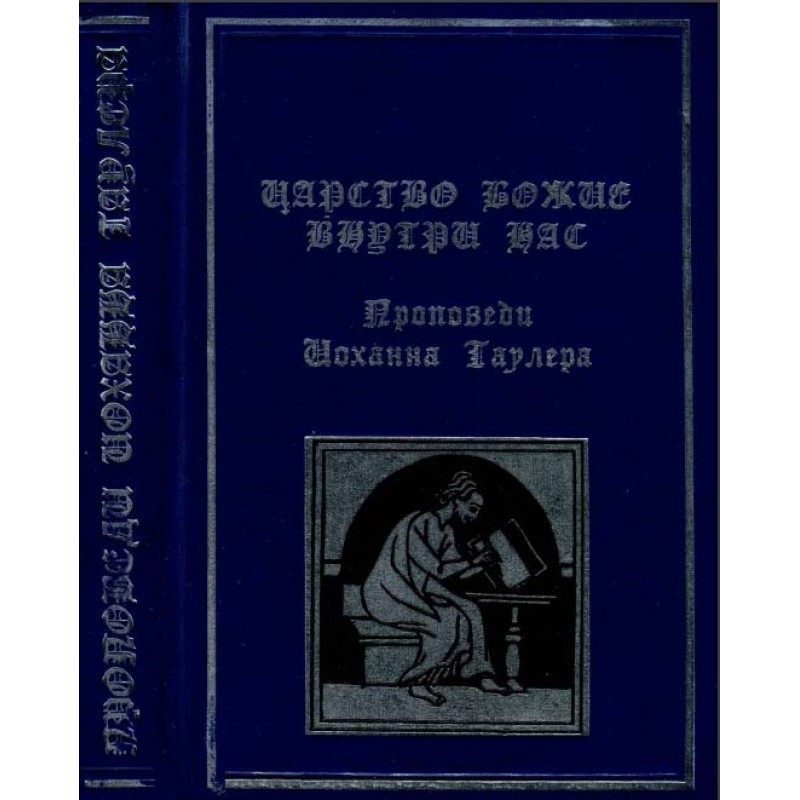History of Madness in the Classical Age
 Instant download
Instant download
after payment (24/7)
 Wide range of formats
Wide range of formats
(for all gadgets)
 Full book
Full book
(including for Apple and Android)
The book by the famous French philosopher Michel Foucault (1926–1984) is devoted to the perception of the phenomenon of madness in European culture of the 17th–19th centuries. Analyzing various forms of experience of madness - the institution of isolation of the insane, legal acts and medical treatises, literary images and folk superstitions, the author examines the formation of modern concepts of "madness" and "mental illness", which stand out from the general idea of "unreason" characteristic of the classical era as violation of social and ethical norms. The book, in a new way, illuminates the origins of the psychological experience of madness in the 20th century: 19th-century positivism, Freudian psychoanalysis, Nietzsche’s philosophy, etc. Of additional interest is the extensive material of art and literature attracted by Foucault (from Erasmus of Rotterdam and Sebastian Brant to the Marquis de Sade, from Bosch to Van Gogh).
Data sheet
- Name of the Author
- Мишель Фуко
- Language
- Ukrainian
- Release date
- 1997
- Translator
- Ирина Карловна Стаф
Reviews
Глибоке дослідження феномену безумства
Книга Мішеля Фуко "Історія безумства в класичну епоху" є неймовірно важливим внеском у розуміння того, як безумство сприймалося в європейській культурі протягом XVII–XIX століть. Фуко майстерно аналізує різні аспекти божевілля, від інститутів ізоляції до літературних образів, що дозволяє читачеві заглибитися в історичний контекст і зрозуміти, як формувалися сучасні поняття душевної хвороби та божевілля. Його підхід до дослідження, що поєднує філософію, психологію та культурологію, робить цю книгу надзвичайно багатогранною та цікавою. Вона не лише розкриває витоки психологічного досвіду божевілля, але й показує, як це явище відображалося в мистецтві та літературі. Хоча переклад тексту може містити деякі недоліки, це не зменшує цінності самого змісту. Рекомендую цю книгу всім, хто цікавиться філософією, психологією та історією культури

